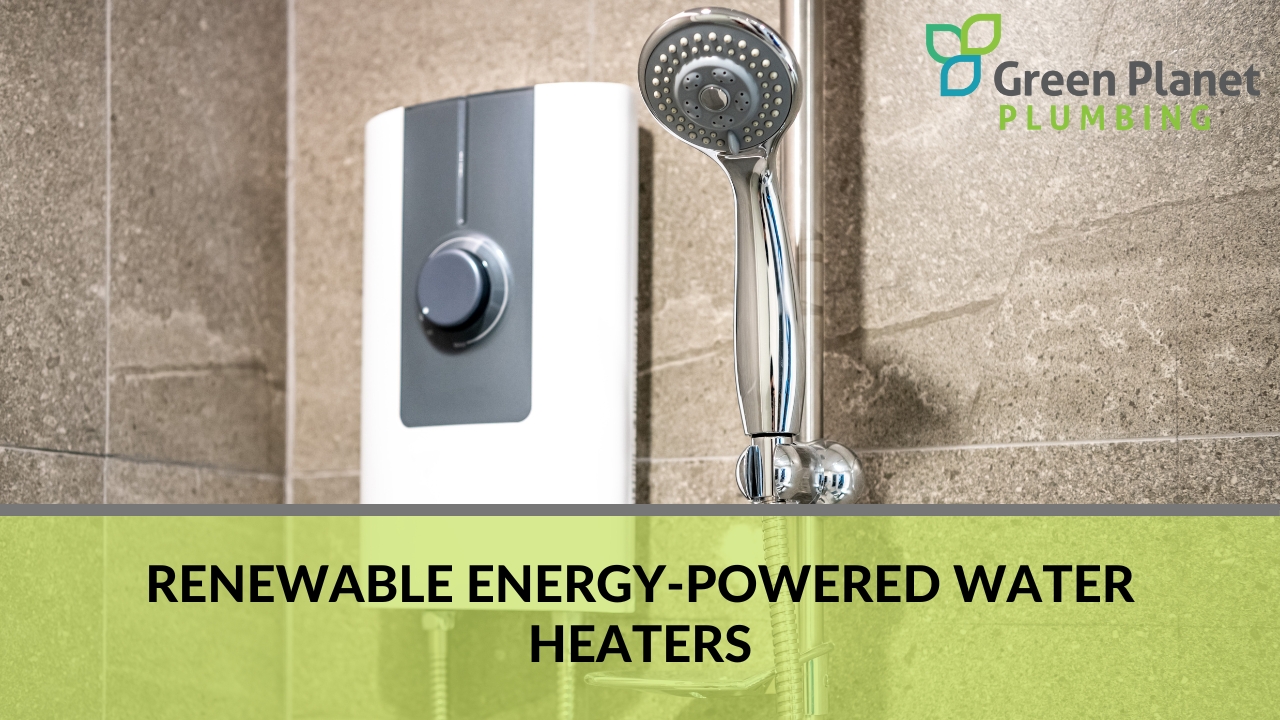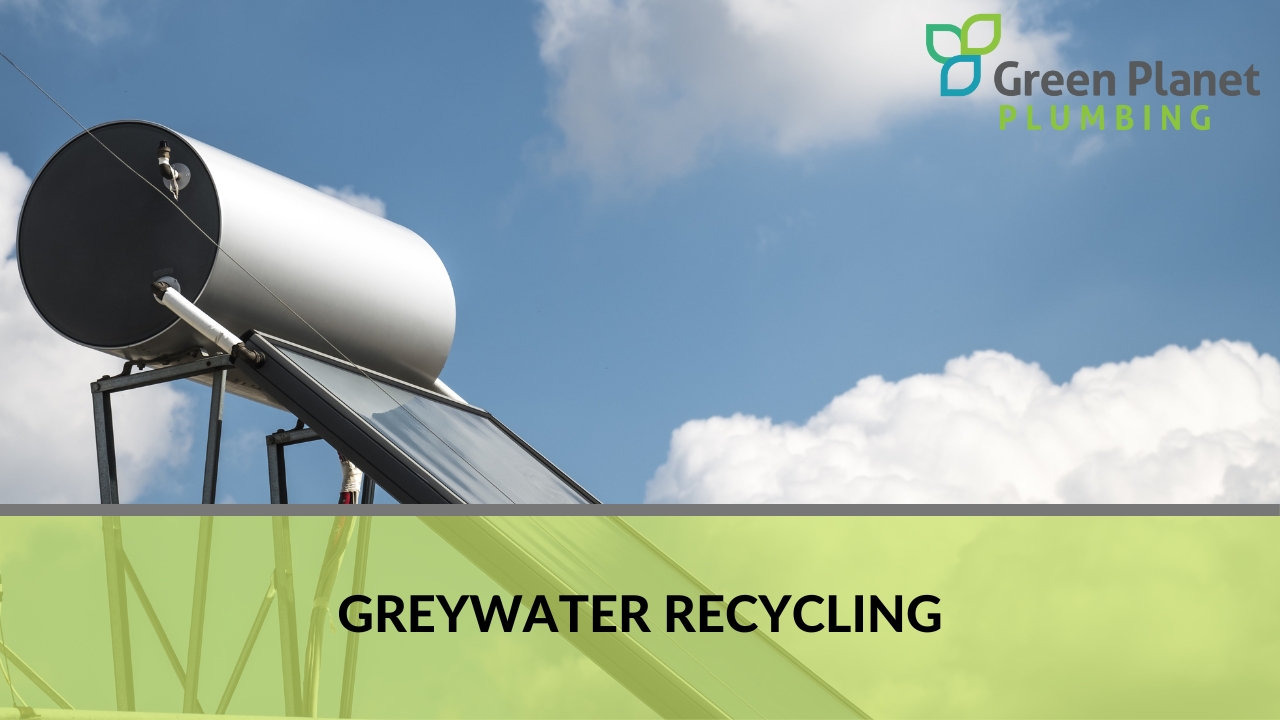As we stride into 2024, the significance of eco-friendly practices has never been more apparent. Green plumbing, which focuses on sustainable and environmentally responsible plumbing solutions, is at the forefront of this movement. This article explores the trends and...
As we stride into 2024, the significance of eco-friendly practices has never been more apparent. Green plumbing, which focuses on sustainable and environmentally responsible plumbing solutions, is at the forefront of this movement. This article explores the trends and predictions for the future of green plumbing, offering a glimpse into the innovative and eco-conscious plumbing practices that will shape the industry.
Smart Water Management Systems
The integration of smart technology into plumbing systems is a defining trend that promises to revolutionise the way we manage water resources in 2024 and beyond. With the increasing emphasis on sustainability, smart water management systems have emerged as a powerful tool in the hands of both residential and commercial users.
These cutting-edge systems go beyond traditional plumbing, offering real-time monitoring, control, and data-driven insights into water consumption. They can pinpoint leaks or inefficiencies with remarkable precision, allowing for swift corrective action. This not only prevents water wastage but also helps reduce water bills, a significant advantage in a country where water costs can be substantial.
In the Australian context, where droughts are not uncommon, the value of these systems becomes even more apparent. Being able to track water usage and identify issues promptly can make a substantial difference in water conservation efforts. Smart water management technology empowers consumers to make informed decisions about their water consumption, leading to more responsible and environmentally conscious practices.
The beauty of these systems lies in their adaptability. They can be customised to suit the unique needs of each household or business. In a nation as diverse as Australia, with varying water availability and climate conditions, this flexibility is invaluable. Smart water management systems aren’t just a luxury but a necessity, serving as a proactive approach to conserving water resources and reducing the environmental impact of plumbing practices.

Renewable Energy-Powered Water Heaters
Renewable energy has taken the world by storm, and in the Australian plumbing landscape of 2024, it’s being harnessed in a truly game-changing way – through solar-powered water heaters. This trend is set to reshape the water heating industry, offering not only significant cost savings but also substantial environmental benefits.
Australia is renowned for its abundant sunshine, making it a prime candidate for the adoption of solar water heating systems. In 2024, we can expect to see a surge in the installation of both solar thermal and photovoltaic systems to cater to the diverse needs of households and businesses. These systems work by converting solar energy into heat or electricity to power water heaters, reducing the reliance on traditional, energy-intensive heating methods.
Solar thermal systems utilise the sun’s heat to warm water directly, making them highly efficient and reliable, even in areas with inconsistent sunlight. On the other hand, photovoltaic systems use solar panels to generate electricity, which can be used to power electric water heaters or converted into heat through heat pump technology. This versatility makes them adaptable to various plumbing scenarios.
The benefits of solar water heating are manifold. First and foremost, they significantly reduce energy bills, as they tap into a free and practically limitless energy source. With rising energy costs, this is a welcome relief for Australian households. Furthermore, by decreasing reliance on fossil fuels, solar water heaters contribute to a substantial reduction in carbon emissions, aligning with Australia’s commitment to combat climate change.
In addition to cost savings and environmental benefits, solar water heaters are known for their durability and low maintenance requirements. They provide a reliable source of hot water while requiring minimal upkeep, making them an attractive long-term investment.
Sustainable Materials and Fixtures
The shift towards green plumbing in 2024 extends beyond just technology; it encompasses a fundamental change in the materials and fixtures used in plumbing systems. This evolution towards sustainable options is not only about being eco-conscious but also about redefining the aesthetics of plumbing in Australian homes and businesses.
In recent years, Australia has witnessed a surge in the adoption of sustainable materials and fixtures that prioritise water efficiency, durability, and environmental responsibility. Low-flow fixtures, for instance, have gained immense popularity. These include faucets, showerheads, and toilets designed to minimise water consumption without compromising performance. The installation of these fixtures can lead to a substantial reduction in water usage, translating to lower water bills and an eco-friendly footprint.
Moreover, eco-friendly piping materials are making their mark in plumbing. Innovations like PEX (cross-linked polyethylene) and CPVC (chlorinated polyvinyl chloride) are becoming more prevalent. These materials are not only more durable and resistant to corrosion but also have a lower environmental impact during production and disposal compared to traditional materials like copper or PVC.
Water-efficient appliances are another significant aspect of this trend. Modern dishwashers, washing machines, and water heaters are designed to use less water and energy while delivering top-tier performance. By choosing these appliances, Australian households and businesses can enjoy the dual benefits of cost savings and a reduced environmental footprint.

Greywater Recycling
In Australia, where water scarcity has long been a pressing concern, the trend of greywater recycling systems is set to make a profound impact in 2024. These innovative systems play a pivotal role in addressing the nation’s need for efficient water resource management and conservation.
Greywater recycling is a practice that involves collecting and treating wastewater generated from household sources such as showers, sinks, and laundry. Instead of being discarded, this greywater is carefully processed and then repurposed for a variety of non-potable applications within the home, such as garden irrigation, flushing toilets, and even washing cars. The ability to recycle greywater not only reduces the burden on municipal water supplies but also lowers individual water bills for homeowners.
One of the key strengths of greywater recycling systems is their adaptability to Australia’s diverse climate conditions. In arid regions where water is especially precious, these systems prove invaluable by turning what might be considered wastewater into a valuable resource. By irrigating gardens or replenishing toilet tanks with treated greywater, homeowners can significantly reduce their demand for potable water sources, particularly during dry spells or water restrictions.
Furthermore, greywater recycling is an environmentally responsible practice. By reusing greywater, less strain is placed on freshwater sources, alleviating the ecological impact of water extraction. This not only reduces the carbon footprint associated with water treatment and transportation but also helps conserve aquatic ecosystems and biodiversity.
Embracing the Green Plumbing Revolution
In 2024, the future of green plumbing is undoubtedly bright. With the pressing need for sustainable solutions and the increasing focus on environmental responsibility, adopting green plumbing practices is no longer a choice but a necessity. As we move forward, it’s crucial for individuals, businesses, and communities in Australia to take action.
To embrace the green plumbing revolution, we encourage you to visit Green Planet Plumbing dedicated to providing eco-friendly plumbing solutions tailored to the Australian context. By choosing green plumbing, you not only contribute to a sustainable future but also enjoy the long-term benefits of reduced water and energy costs. Join the movement and make a positive impact on the environment by adopting green plumbing practices today.
The post The Future of Green Plumbing in 2024: Trends and Predictions appeared first on Green Planet Plumbing.


